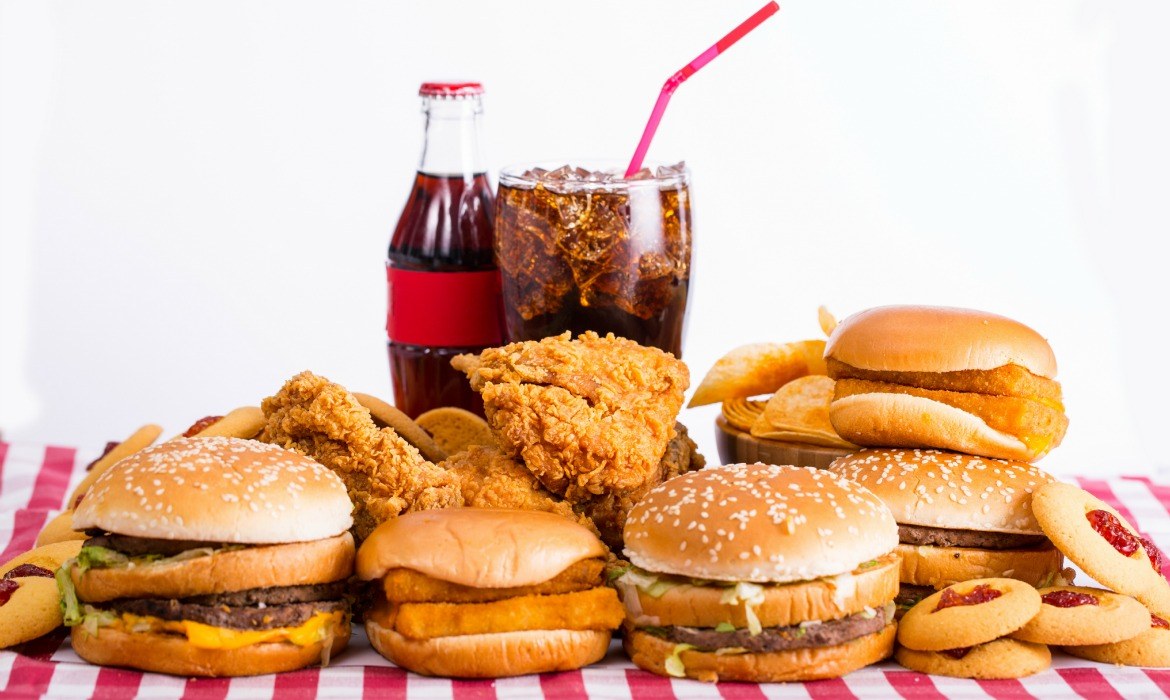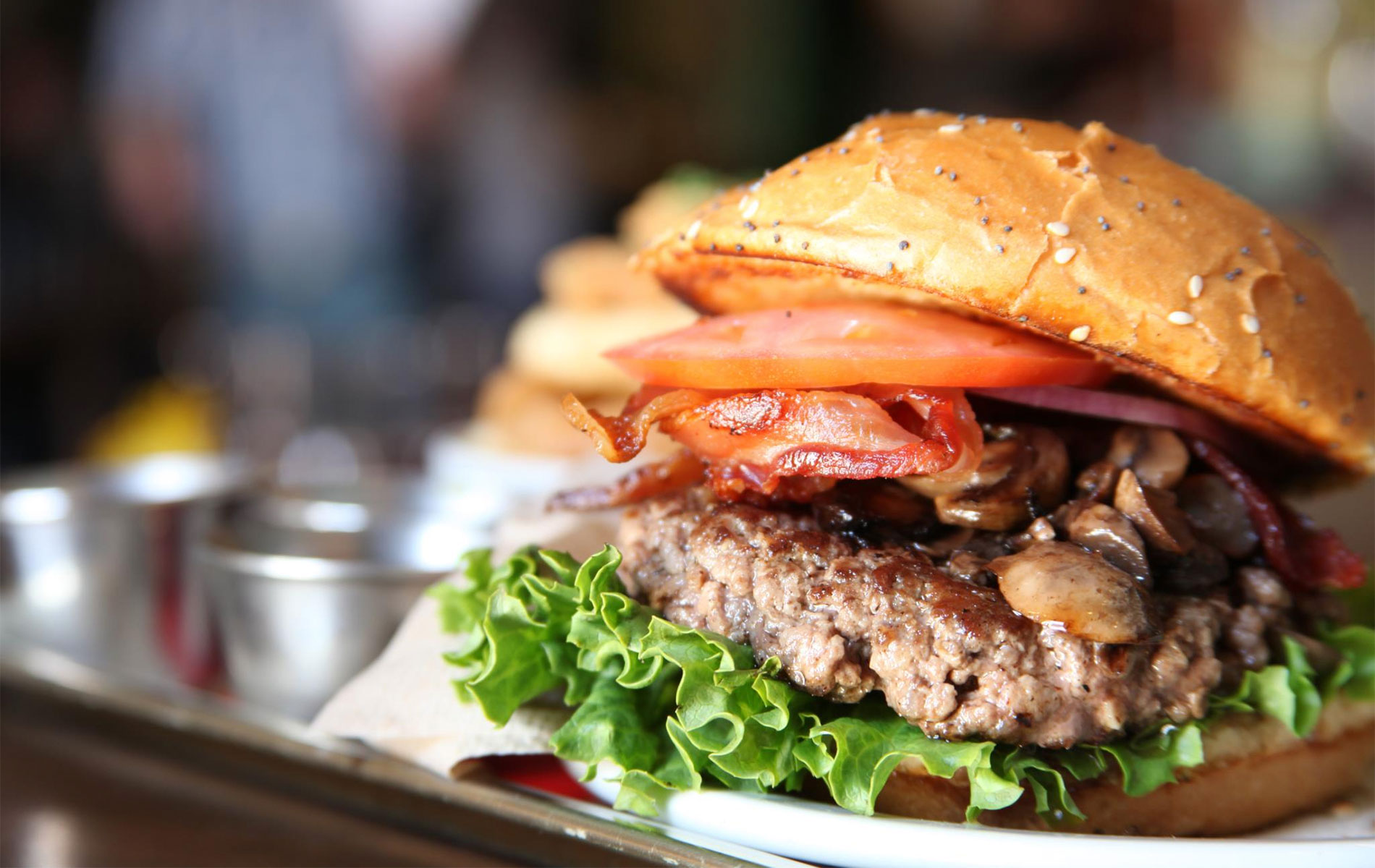A 'bittersweet' enemy
May it be a sneaky packet of chips with a glass of wine or a chocolate biscuit with a cuppa, chances are you know you would be better off sans the extra fat. Still, keeping hands off them is hard and now, a new research has looked at why it is so.

Washington DC: May it be a sneaky packet of chips with a glass of wine or a chocolate biscuit with a cuppa, chances are you know you would be better off sans the extra fat. Still, keeping hands off them is hard and now, a new research has looked at why it is so.

According to scientists at the Max Planck Institute for Metabolism Research in Cologne, foods that are rich in both fats and carbohydrates have a particularly strong influence on the reward system in our brains.
Also Read: Eating out exposes consumers to harmful chemicals
Both fatty and carbohydrate-rich foods activate the reward system in the brain, albeit via different signaling pathways. When carbohydrates and fats come together in the food, this effect is intensified. In nature, there are no foods that contain a high proportion of fats and carbohydrates: Either they are rich in fats, as in nuts, or rich in carbohydrates, as in the case of potatoes or cereals.
Also Read | How fast food is damaging your immune system

An exception is breast milk. "All mammals know breast milk," said research group leader Marc Tittgemeyer. "Probably we are influenced by breast milk to respond intensively to food rich in carbohydrates and fats and perceive this as particularly rewarding, because this is vital."

A reward that has contributed to human survival in evolution is destroying us in today's world of abundance. "We are not meant to say no all the time. That's why we usually do not stop eating, even though we're full, "stresses Tittgemeyer. Obviously, the reward signals overshadow satiety - over-saturation and obesity are the consequences.
Also Read: How fast food is damaging your immune system
Also Read |
Unhealthy food choices? Blame your brain
The findings could play an important role in the treatment of overweight people. Especially when eating becomes an addictive factor, the treatment of consumer behavior is of great importance and a fundamental step out of addiction.

The study appears in journal Cell Metabolism. (ANI)
 Dynamite News
Dynamite News 